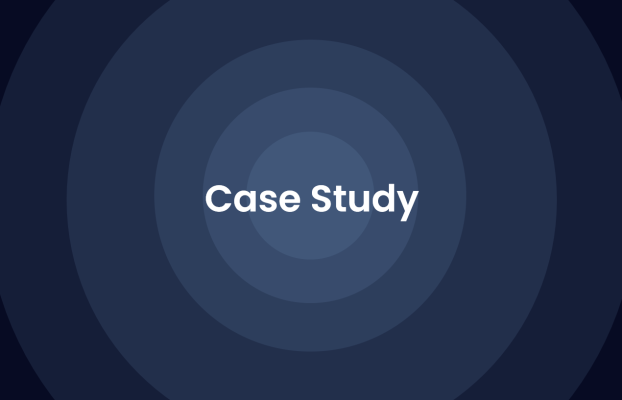Assessment Strategy
Programme teams work collaboratively to agree a programme assessment strategy designed to develop evidence of competencies. To be effective, the programme assessments should aim to be:
Meaningful & Engaging
- Constructively aligned to programme outcomes that are valuable to student futures.
- Requires students to evidence competencies in contexts that are relevant to their futures (authentic).
- Encourages an appropriate amount of student-led ownership without overwhelming students and/or staff.
Integrated, Scaffolded, and Challenging
- Constructed at the programme level prior to deciding the disciplinary taught content, which then informs what students are taught and when.
- The curriculum directly and explicitly guides development of the programme competencies required to successfully complete the assignment(s).
- “Earlier years of the programme will prepare students effectively for their final assessment” (https://www.hull.ac.uk/special/inclusive-education), with a support structure that encourages learner autonomy.
- Sufficiently challenging as to develop learners’ ability to evidence competence, yet not overwhelm their sense of self-efficacy.
Inclusive, Fair, and Feasible
Aims to minimise educational inequalities and awarding gaps, not retain or reinforce them. Adapted from (https://www.hull.ac.uk/special/inclusive-education).
Asks staff and students to do things they can feasibly do. Particularly in the contexts of:
- Evidencing newly acquired knowledge and skills.
- Designing out the need for reasonable adjustments wherever possible.
- Fair and feasible workloads associated with the completion (students) and marking (staff) of assessment.
Valuable
Recognised by key stakeholders (but particularly by students and employers) as being necessary for the personal and professional future of graduates of the degree.
To clarify the difference between Relevant and Valuable:
- The student decides the relevance because they own their future.
- The discipline, profession, and sector decides the value, because they are commonly best placed to define what is necessary for success in the student’s chosen future.
For example, a science student may wish to pursue a career in ‘science education’ (a common and reasonable future for many science graduates). Therefore, the student should be able to develop competencies that are relevant to this future. However, stakeholders within the science education sector best understand which competencies are valuable for graduates aspiring to that career. It is important to note that not all students on the same course aspire to the same future.
Action
Programme teams work collaboratively to agree a programmatic assessment strategy designed to develop and evidence competencies. We recommend starting with a final year portfolio of assessment and then working out how to use the years prior to that to prepare students to succeed at these.Discover competence based assessment through our partner case studies.
